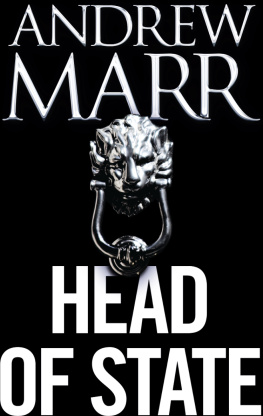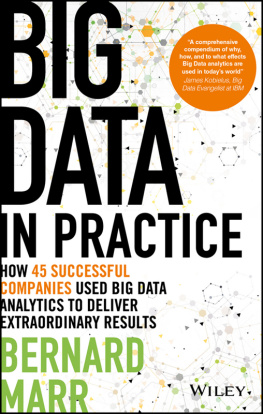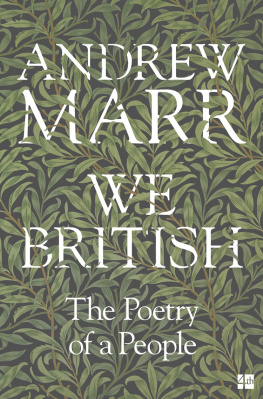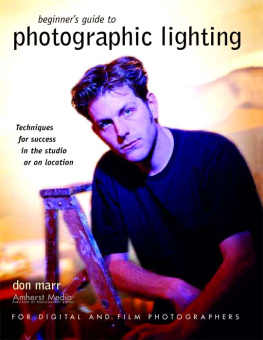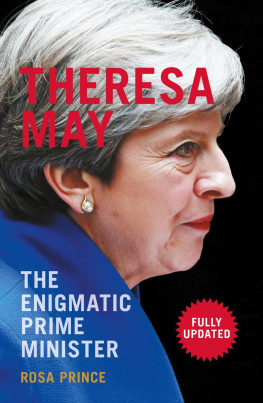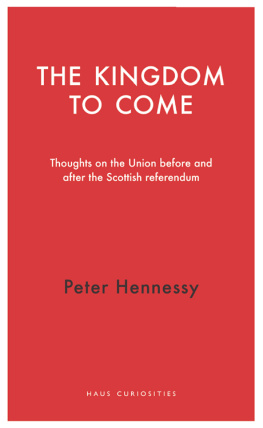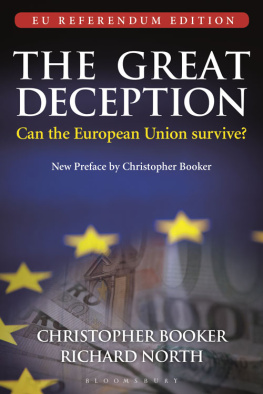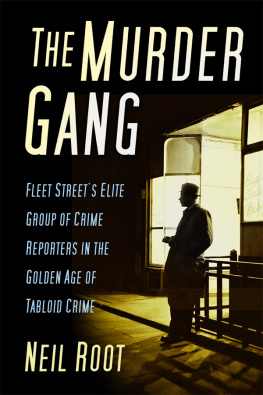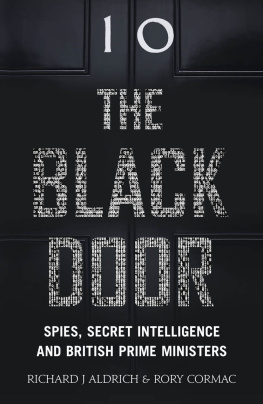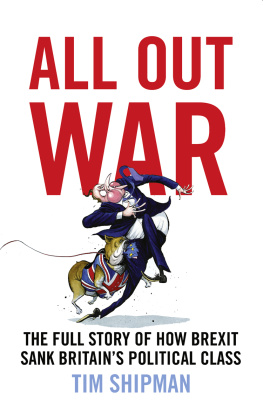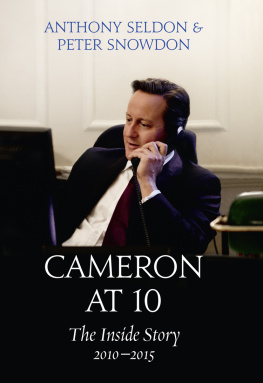Contents

This book came about in an unusual way. I had long wanted to write a political satire that would help to lift the lid on how aspects of government and the media really worked in a way thats not possible in conventional journalism. Meanwhile Peter Chadlington, a member of the distinguished political Gummer family, had long had a notion for the plot of a novel centred on an explosive secret at the very heart of government. We were introduced through my agent, Ed Victor, and Peter described his idea to me. We subsequently met, and talked through the possibilities and tone of the book. I then wrote the novel, which was expertly edited first by Philippa Harrison, a legend in the trade, and then at Fourth Estate by Robert Lacey, another.
So I owe Lord Chadlington an enormous debt as the originator of the idea on which the whole plot of the novel revolves. He has also been kind in introducing me to certain political and financial figures who have helped ensure that the detail is as accurate as its possible to be. However, its fair to say that, left to himself, Peter would certainly have written a very different book. He may not approve of or agree with everything which has emerged; and he cannot be held in any way responsible for my private feuds, jokes and idiosyncrasies. Some of the characters and stories in the novel are derived directly from my thirty years as a political reporter, though of course almost everything here is fictional.
Andrew Marr
April 2014
For Harry Cameron Marr
Francis Fieldfare, wrapped tightly in a Union flag, was in fact lying in the prime ministerial coffin, a fitting end for such an exemplary public servant. Next to him nestled a circular plastic bundle, still encased in a Waitrose bag for life. Alois Haydn had kept his promise to Amanda, and made sure it was returned. Fieldfare and his old bosss head would be laid to rest under a small memorial tablet set into the floor of Westminster Abbey. Disinterment would, of course, be unthinkable.
The funeral was a huge political event. Among the hundreds of mourners could be seen Alois Haydn, the aspirant Lord Croaker, grave and calm; and, arm in arm, Myfanwy Davies-Jones and a top-hatted Lord Briskett. Ken Cooper had a face of thunder. He was not looking forward to the service, surrounded by so many rats, badgers and other enemies. But his presence there had some small significance: it meant that when a diminutive Indian gentleman and a large, one-armed Pole arrived to see him at his office, they were politely turned away.
Meanwhile, standing among the quietly anonymous throng out in the streets was a stringy, bearded man who started when Olivia Kite passed by in the back of a government limousine. But Ned Parminter couldnt place her. His head still hurt. Overall, he had been lucky. Lord Briskett had taken him in after the writer Ajit Gupta had discovered him wandering around the village. He could talk and walk. But he remembered nothing, and in consequence knew nothing. In time this would assist him in a new career, in daytime television.
In England, autumn can be a season of renewal October brings a rebirth of the intellect, a freshening of the mind, as the fug, glare and daze of the hot months are blown away.
Somewhere in Wiltshire, Jennifer Lewis was walking. Her shoes were soaked with dew. Below her, fallow fields in acid green and ploughed ones, brown and flecked with chalk, which would soon be brimming with winter corn, stretched down the southern escarpment of the Ridgeway. All around, neat explosions of beeches hid mysterious humps of earth. Forts. Settlements. Ritual sites. Old England. But she was thinking of more recent history.
All her life she had been searching for ways to be loved. Little Jenny Wren; pass the parcel; cold, bright, June. None of them was really her.
The previous evening she had taken the same walk with Lord Briskett, who had wanted to tell her about the Ridgeway and the England it represented. But eventually even his inexhaustible eloquence had been conquered by her inconsolable expression. They had trudged on in silence.
Your choice of mother, darling. That was your first mistake, hed said eventually.
Jen had grunted.
Dont get me wrong. I love her. She excites me, and she makes me laugh. Lifes just more colourful whenever Myfanwys around. But dear heart, you must have chosen the least maternal woman in the entire country.
Shes never really been my mother. Ive never thought of her like that.
Briskett rubbed his long chin. So you were on the hunt, old thing, were you not? But you hunted in the wrong direction. Whatever led you to offer yourself to Olivia Kite, of all people? You might as well have hoped to be suckled by Queen Elizabeth the First.
Or Boudicca, Jen replied. But yes, youre right. I went haring off to Danskin House looking for a safe embrace. And I very nearly got myself killed.
You very nearly did, thats true. Its one of the oddest ironies of this whole business, isnt it, that it was your own mother who helped to save you? Very nearly a happy ending.
Jen did not look happy. She looked cold and raw.
But then I found out about Alois Haydn.
Yes. Your new half-brother turned out to be your false mothers lover, snorted Briskett. Its ridiculous. Its like a really mad Shakespeare plot. Something out of Cymbeline. He had laughed.
And so had she. At some point shed have to start thinking about Lucien McBryde more a broken-winged charity case than a proper lover and, of course, about Ned Parminter. But this was not the moment. Briskett put an arm around her shoulders as the last light died around them.
Soup, he said. Brandy.
The following morning Jen had been up with the lark, supposing there were any larks left here, and walking the hills.
The wind freshened. She shivered. Strips of Marian blue appeared in the sky, torn by fast-moving clouds. She noticed a curl of smoke billowing from the grey huddle of buildings in the valley below. Briskett must have cleared the grate and lit a morning fire. She imagined she could smell the burning wood, and suddenly felt hungry for breakfast. Myfanwy would still be abed, working her way doggedly through the first cigarettes of the day, her coverlet hidden by crumpled pages of the Financial Times. But Briskett would be making everything shipshape, his skinny calves protruding from his fine velvet dressing gown, fresh eggs ready for scrambling. He would, she imagined, be rubbing a finger along the spines of his beloved books, on parade in almost every part of the house like an impatient, jostling crowd, as he readied himself for another days work on his masterpiece. He liked to work himself in, as he put it, with a bit of Gibbon, or Jorrocks, or Winterson, or whatever came to hand.
The sun was now properly up, despite the drop in temperature. Copper and gold gleamed from the hedgerows leading back to the farm. It was going to be a glorious autumn. Jen began to walk downhill, enjoying the chill on her face, along the track Lord Briskett had shown her. There would be coffee, toast, and a day stretching ahead with the promise of good work. She had lost two mothers and two lovers which was, at the very least, bad organisation. But she had found, she told herself, a father. A kind man, a clever man; and as he had proved in Essex, a brave man.
Next page
